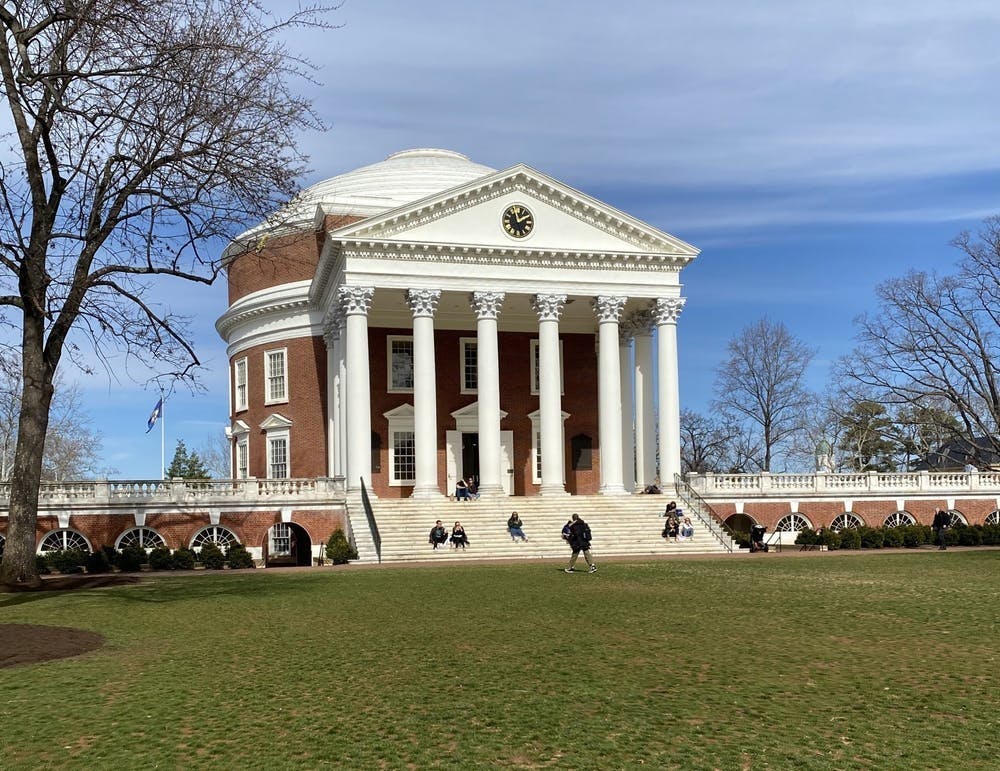The University sent students an email August 4th detailing the implementation of a two-week delay to the start of all in-person undergraduate courses and the opening of undergraduate residence halls. According to the email, students will now move-in “several days” before September 8th, citing concerns related to increased cases in Charlottesville and Central Virginia. While the decision to delay move-in and the start of in-person undergraduate classes was made to ”safeguard the health and safety” of the University community, its current implementation highlights a clear lack of respect for major stakeholders and operates under an inconsistent pattern of decision-making.
The current plan to return to Grounds is no small feat for the University. From ordering test kits and sanitary devices to formulating plans for housing and distance learning, University faculty are tasked with crafting solutions for a host of unprecedented challenges. The prospect of tens of thousands of students returning to Grounds over the course of a few weeks makes for a logistical nightmare. However, for families, the move-in process often appears with a considerable amount of stress — even during more normal years.
Parents are often compelled to take time off from work, pack and move boxes of belongings, arrange transportation and part ways with their students. This year, families are being asked to plan the already-arduous move-in process given fluctuating timelines, ambiguous communication, financial hardship and declining mental health. Moreover, undergraduate students will face the additional burden of balancing the stress of a move with rigorous coursework, as move-in will occur following the start of online coursework. This situation is particularly burdensome for low-income, out-of-state and international students, who may not have the socioeconomic, geographic or political luxury of flexibility when it comes to move-in.
Parents of students attending the University are often accommodating and will go to great lengths to ensure a smooth transition. However, there exists a fine line between asking families for flexibility and taking advantage of their goodwill. By making the decision to delay after months of lackluster communication and just weeks before the start of classes, the University crossed that line.
At this point, with two weeks before classes start, the University must come to terms with the reality of the pandemic — it is either safe to proceed with a socially-distanced reopening or it is not. It is inconceivable that the COVID-19 case count in Charlottesville and the surrounding areas will change dramatically over the course of two weeks. By extension, an additional two weeks’ worth of case data is unlikely to add any significant value in the decision-making process. Instead, the delay appears to be a step toward the outright cancellation of in-person activities, effectively moving the entire semester online. Let’s be clear: the announcement of a delay does not soften the impact of a full cancellation; it exacerbates it.
The pandemic is certainly an evolving situation. However, the spread of the virus is not evolving to the extent of changing the University’s plans from week to week. If the University claims to value student safety, any plan to reopen must be robust, so as to provide for continuity in case there is an outbreak on Grounds. If the current plan to reopen would be inadequate under present circumstances — given the announcement of a two-week delay — it is unlikely that the plan would have been sufficient over the course of an entire semester.
The solution could be to pursue a more aggressive plan in order to ensure that students are safe. The solution could be to make the entire semester virtual. Regardless of the eventual solution, the University must make an affirmative decision and stick to it. Dragging out deliberation for months through inconsistent decision-making frameworks, however, is unacceptable.
It is clear that University administrators are working hard to make in-person classes a reality. The announcement of the delay, like most decisions from the administration, likely came from a place of good intentions. However, as the old proverb goes, the road to hell is paved with good intentions. Given the current timeline and temperature of the situation, good intentions must be met with deliberate action, moving forward with an aggressive reopening plan or taking the entire semester online.
At an institution that claims to pursue the ideals of being both “great and good”, the decision to delay move-in should be heavily scrutinized by the broader community. It is incumbent upon administrators to compare their actions against the stated ideals of the University, acting in greater consideration of key stakeholders.
Neil Kothari is an Opinion Columnist for The Cavalier Daily. He can be reached at opinion@cavalierdaily.com.
The opinions expressed in this column are not necessarily those of The Cavalier Daily. Columns represent the views of the authors alone.







